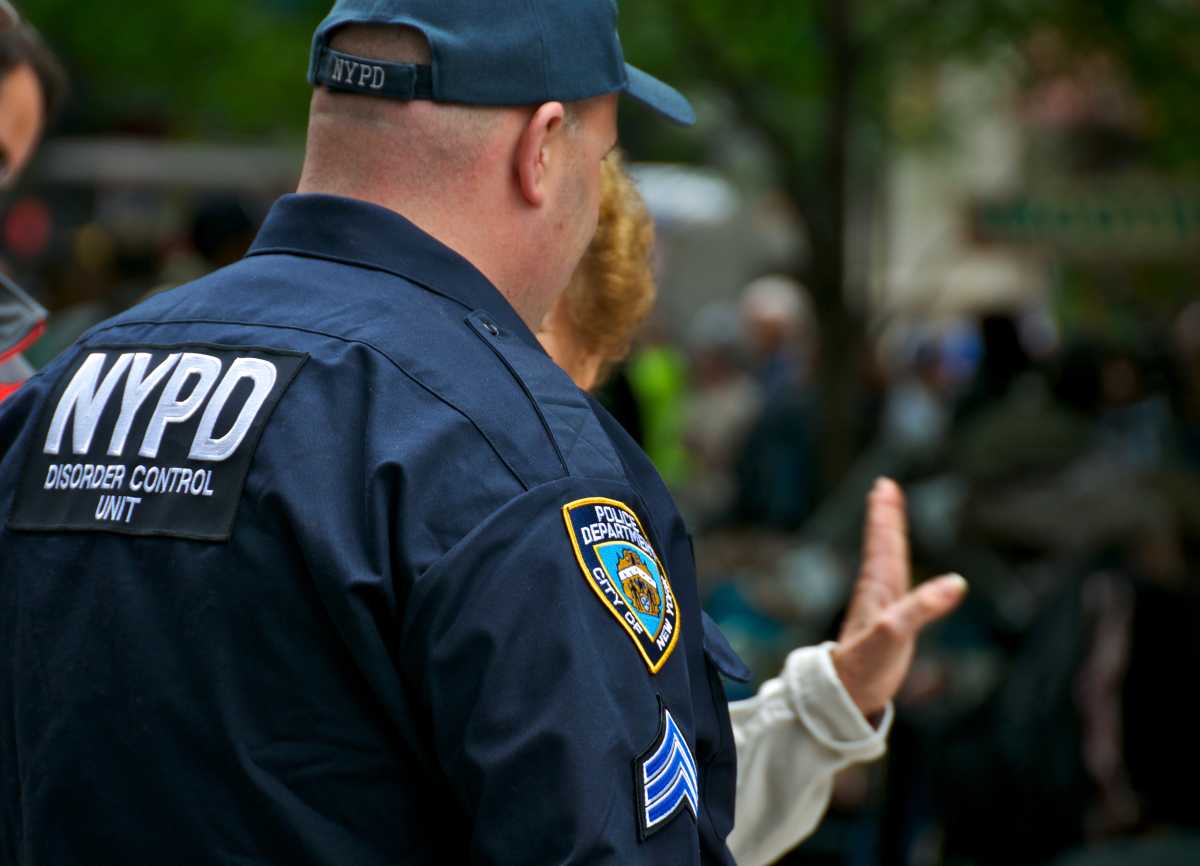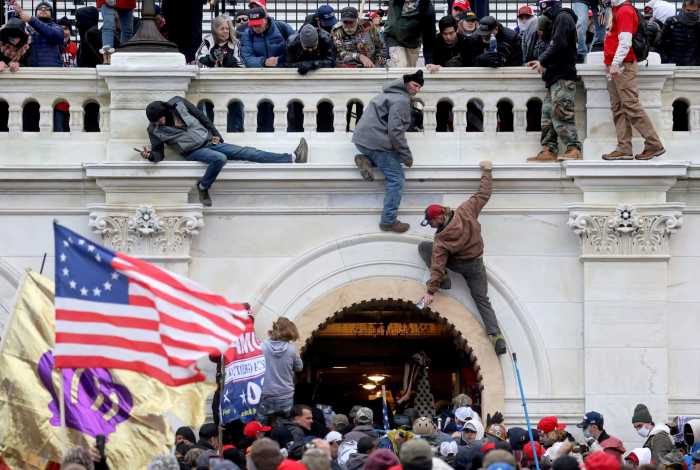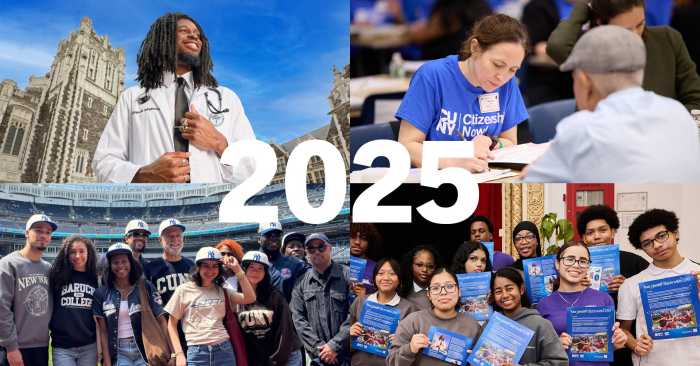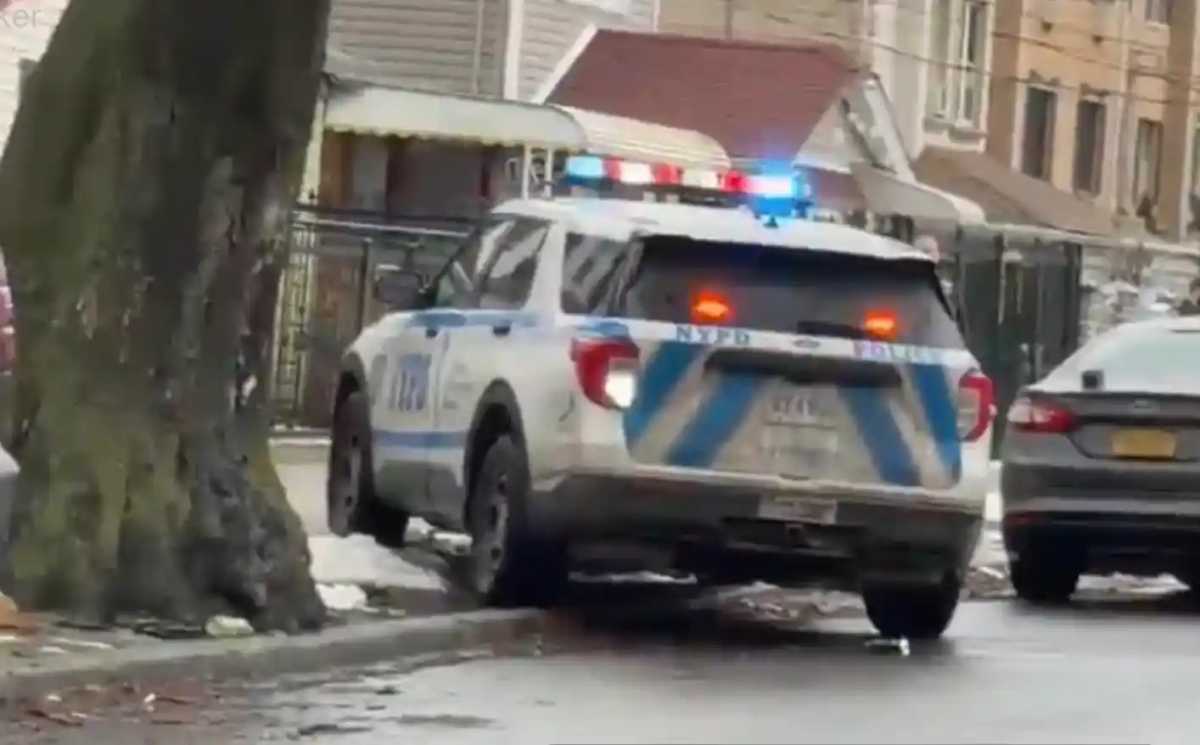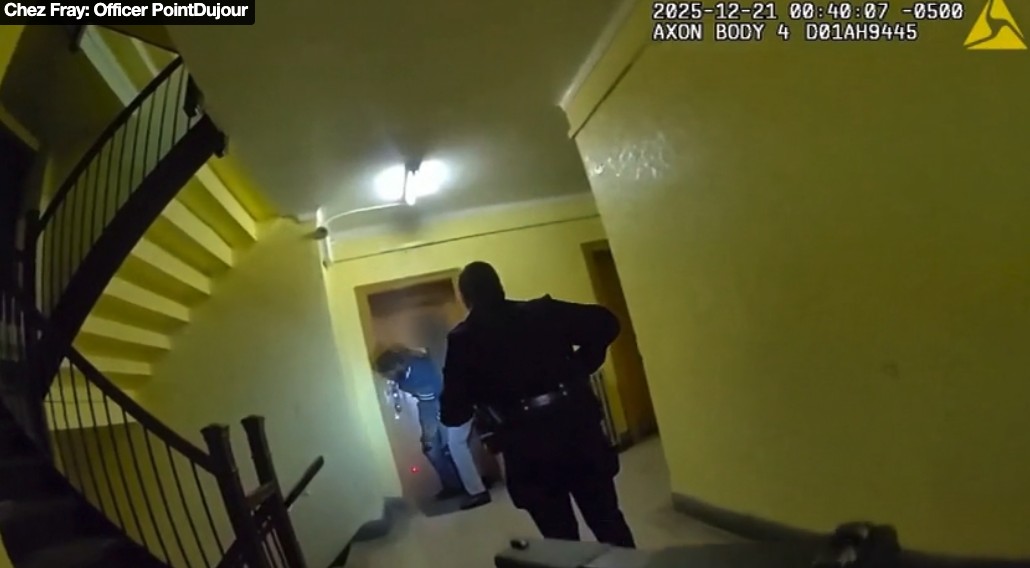Mayor Eric Adams has frequently maintained that “public safety is the prerequisite to prosperity.” I couldn’t agree more.
As a proud member of the NYPD for over 34 years, I joined the police force because of my love for this city and my commitment to keeping it safe. Like generations of police officers and supervisors before me, the NYPD offered a solid pathway to the middle class and the ability to raise a family. It also provided a robust career path for police officers and sergeants to become the future leaders of the greatest police department in the world. But over time, that career path has splintered.
The Sergeants Benevolent Association (SBA) is currently engaged in a critical battle to address a long-standing issue known as the “compression issue” that has created significant wage progression disparities within the NYPD. The Office of Labor Relations’ (OLR) refusal to address these inequities in good faith has only exacerbated a decline in morale amongst our ranks, which threatens to undermine the effectiveness and future leadership of the NYPD at all levels.
This wage disparity was created over 25 years ago due to the city’s pattern of unfair and deceptive negotiation practices, manifested in two critical ways.
First, sergeants promoted before the ratification of certain labor agreements now earn less than top-paid police officers until they reach top pay as sergeants — a process that can take years. This disparity is not only demoralizing, but is fundamentally unjust, as it penalizes those who have taken on additional responsibilities and risks associated with the rank of Sergeant.
Second, sergeants who were newly promoted after previous contracts were placed at the top of the salary schedule, further complicating the pay structure and creating resentment among the ranks. Currently, there are 1,253 sergeants making less than the 885 sergeants, who were promoted after them. They are also earning less than 18,000 Police Officers. The result is a severe morale issue that threatens the retention and long-term stability of the NYPD leadership.
In recent years, as more and more police officers left the NYPD, the city began placing additional responsibilities and demands on our workforce, which continues to lose our veteran sergeants due to attrition. Placing greater demands on a workforce with less experience that is already stretched thin, comes with great costs to maintaining public safety.
For example, rather than spending more time on patrol, sergeants now must review body-worn camera footage on a monthly basis, requiring more time spent on administrative work. Sergeants are also required to monitor the quality-of-life calls to 311 instead of dealing with 911 calls, monitoring critical incidents, and crimes, and supervising personnel in other capacities. In addition, Sergeants are required to monitor vehicle pursuits over a city-wide radio channel on top of their own units.
Despite the increased workload and the insult of being paid less than the officers they supervise, NYPD sergeants continue to perform at exemplary levels.
The SBA has been negotiating tirelessly with OLR for the past year to rectify these disparities and ensure that all sergeants receive fair and equitable compensation. However, OLR has consistently relied on “take it or leave it” tactics that demand significant concessions from both current and future sergeants, without offering a permanent solution to the wage disparity issue.
These tactics are disingenuous and counterproductive, as they only serve to delay a resolution and perpetuate a cycle of more work for less pay. Moreover, OLR’s approach has led to the City incurring an additional $150 million in costs to New York City taxpayers-funds that could have been saved for other essential services, if reasonable proposals by the SBA had been considered.
The rank of sergeant is an important stepping stone in the NYPD hierarchy, serving as the training ground for future leaders. The current wage compression issue undermines the incentive for officers to seek promotion to sergeant, potentially leading to a leadership void in the future. This problem is further exacerbated by the perception among many sergeants that they are being undervalued and disrespected for the vital frontline role they play in maintaining public safety in New York City.
Mayor Adams, who rose through the supervisory ranks of the NYPD to become a captain, is uniquely positioned to understand the significance of this dilemma better than anyone. He has both a moral and practical obligation to step in and work with us on achieving a fair resolution that recognizes the contributions and sacrifices of NYPD sergeants and finally solve this problem for good.
It’s well past time to end this unjust inequity and invest in the future leadership of the NYPD, so public safety can truly prosper for everyone.
Vincent Vallelong is the president of the Sergeants Benevolent Association.
Read more: Op-Ed Examines Lessons from Willowbrook State School



